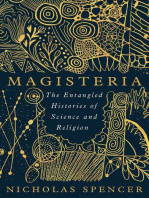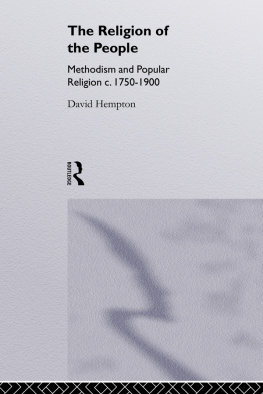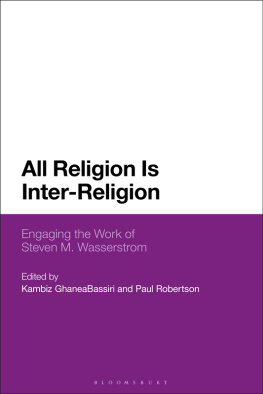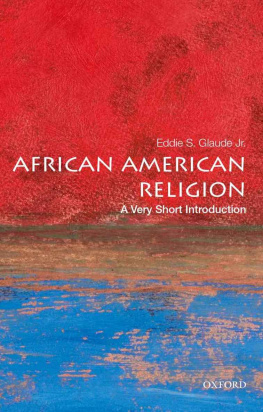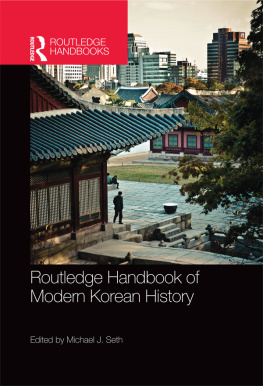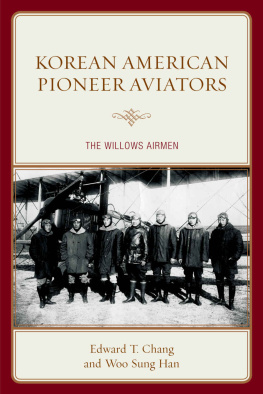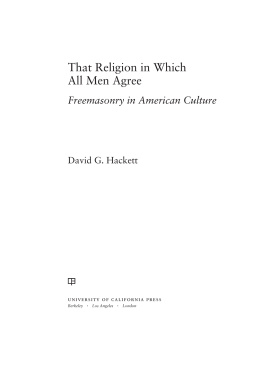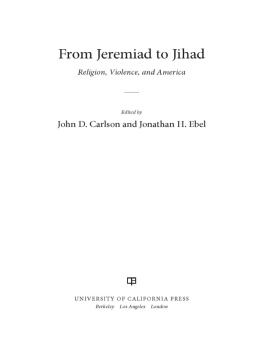ASIAN AMERICA
A series edited by Gordon H. Chang
The increasing size and diversity of the Asian American population, its growing significance in American society and culture, and the expanded appreciation, both popular and scholarly, of the importance of Asian Americans in the countrys present and pastall these developments have converged to stimulate wide interest in scholarly work on topics related to the Asian American experience. The general recognition of the pivotal role that race and ethnicity have played in American life, and in relations between the United States and other countries, has also fostered this heightened attention.
Although Asian Americans were a subject of serious inquiry in the late nineteenth and early twentieth centuries, they were subsequently ignored by the mainstream scholarly community for several decades. In recent years, however, this neglect has ended, with an increasing number of writers examining a good many aspects of Asian American life and culture. Moreover, many students of American society are recognizing that the study of issues related to Asian America speaks to, and may be essential for, many current discussions on the part of the informed public and various scholarly communities.
The Stanford series on Asian America seeks to address these interests. The series will include works from the humanities and social sciences, including history, anthropology, political science, American studies, law, literary criticism, sociology, and interdisciplinary and policy studies.
A full list of titles in the Asian America series can be found online at www.sup.org/asianamerica
Stanford University Press
Stanford, California
2010 by the Board of Trustees of the
Leland Stanford Junior University
Library of Congress Cataloging-in-Publication Data
Yoo, David.
Contentious spirits : religion in Korean American history, 19031945 / David K. Yoo.
p. cm.(Asian America)
Includes bibliographical references and index.
9780804771368
ISBN 0-8047-6929-7 (pbk. : alk. paper)
1. Korean AmericansReligion. 2. Korean AmericansHawaiiHistory20th century. 3. Korean AmericansCaliforniaHistory20th century. 4. United StatesEmigration and immigrationReligious aspectsChristianity. 5. United StatesEmigration and immigrationSocial aspects. I. Title. II. Series: Asian America.
BR563.K67Y66 2010
277.3082089957dc22
2009029256
Printed in the United States of America on acid-free, archival-quality paper
Typeset at Stanford University Press in 11/14 Garamond
Acknowledgments
If writing a book can be compared to running a marathon, then the acknowledgments represent a welcome opportunity to thank the many people who made it possible to cross the finish line. My gratitude goes first to the remarkable people and institutions represented in these pages. The richness and diversity of their stories deserve to be documented and told, and it is a privilege to have contributed to that storytelling. Many people have served as guides along the way, and the Reverend Steven Jhu, Michael Kim, the Reverend Kwang-Jin Kim, Elder Stuart Ahn, the Reverend Woong-min Kim, and Donna Lee introduced me to key individuals and provided access to important documents and records. Sustained conversations with the Reverend T. Samuel Lee and the Reverend Tom Choi gave me valuable perspectives on the role of religion in Korean American history in Hawaii and on the mainland.
Every historian owes much to librarians and archivists, and I thank James Cartwright and Sherman Seki of the University of Hawaii at Manoa for their assistance. Ken Klein, Sun-Yoon Lee, and Joy Kim of the USC East Asian Library offered generous support in accessing their collections. Thanks to the staffs of the libraries of the Claremont Colleges, the Claremont School of Theology, Drew University, and Fuller Seminary. In particular, the Inter-Library Loan Department at the Claremont Colleges ably processed my many requests. For research assistance in Claremont, I acknowledge the good work of Amber Ariate and Herb Ruffin. Hyung-ju Ahns guidance regarding the newspaper, the Shinhan Minbo (New Korea), helped with the material on California, as did Yeo-Jin Rhos translation assistance with Korean-language materials.
A number of institutions provided support that contributed to the research and writing of this project. An Institute of American Cultures Postdoctoral Fellowship from UCLA provided a wonderful year at the Asian American Studies Center. Similarly, the Los Angelesbased research benefited from a faculty fellowship from the John Randolph Haynes and Dora Haynes Foundation. For the chance to share work in progress, I thank colleagues and staff members at the Academy of Korean Studies in South Korea; the Asian American Program at Princeton Seminary; the Center for Korean Studies at UCLA; the Center for Korean Studies at the University of Hawaii at Manoa; the Department of Asian American Studies at the University of California, Irvine; and the Korean Society for American History, Seoul, Korea.
Conversations with colleagues over the years have sustained the lengthy process of writing this book, and I am grateful for people who have listened, suggested, commented, challenged, and encouraged: Emily Anderson, Eiichiro Azuma, Rudy Busto, Joan Bryant, Peter Cha, Laura Mariko Cheifetz, Jane Iwamura, Russell Jeung, David Kyuman Kim, Jung Ha Kim, Lili Kim, Richard Kim, Stacy Kitahata, Kenneth Lee, Sang Hyun Lee, Pyong Gap Min, Rodger Nishioka, Mary Paik, Su Pak, Wayne Patterson, Christen Sasaki, Tim Tseng, Duncan Williams, and Karen Yonemoto. Two individuals, the late Yuji Ichioka and the late Steffi San Buenaventura, will not get to read the finished product, but they both contributed much to what appears here. In addition, APARRI (the Asian Pacific American Religions Research Initiative) has been a great source of community. Kudos are due to Fumitaka Matsuoka and Chris Chua for their caretaking of the organization and to my fellow managing board members.
I have been fortunate over the years to teach and work at the Claremont Colleges, and I thank all of my colleagues in the Department of History at Claremont McKenna College, especially Diana Selig and Albert Park, who read parts of the manuscript, and Diana Selig and Arthur Rosenbaum, with whom I have talked about this project on and off for quite some time. The staff members of the Faculty Support Center have provided much appreciated assistance. The Intercollegiate Department of Asian American Studies has been a great support, and I thank Linus Yamane and Kathy Yep for the various times I shared some about what was happening with the project. Special thanks to Madeline Gosiaco for helping me with the production and technical aspects of the book. I have also had the opportunity to talk other colleagues in Claremont about this project, including Dean Adachi, Hal Barron, Stephen Davis, Gaston Espinosa, Mark and Jeney Hearn, Minju Kim, and Rita Roberts.
A long time ago, I spoke with Gordon Chang about this project, and I am very glad to be joining the series on Asian America published by Stanford University Press. Both he and editor Stacy Wagner have guided the process with wisdom and care. Many thanks to press staff Jessica Walsh, John Feneron, and Ariane De Pree-Kajfez and to copyeditor Mary Ray Worley. In addition, the two outside readers for the press provided helpful comments and questions.


